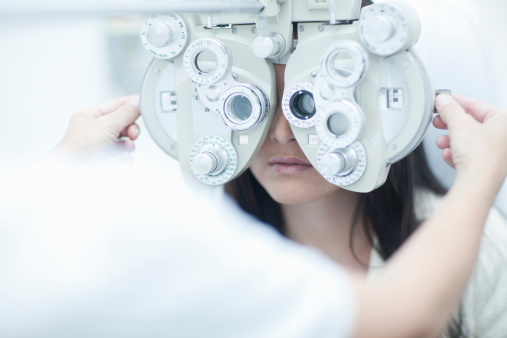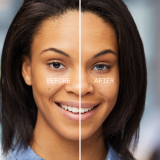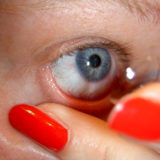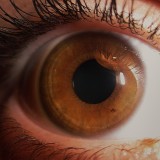The Link Between Alzheimer’s Disease and Vision Problems
How does Alzheimer’s Disease Affect Your Vision
Alzheimer’s disease and glaucoma affect older populations, and these neurodegenerative diseases are age-related and cause irreversible loss of certain neurons. They are both major public health concerns. Some studies have been conducted to look for possible correlations between these two diseases.
Are they related to each other?
Does a patient diagnosed with one of these diseases carry a greater propensity towards contracting the other? Here’s what we found when we looked at some recent research.
Researchers first noted a link between glaucoma and Alzheimer’s several decades ago. When looking through death certificates, they noticed that there was a higher frequency of glaucoma in patients with Alzheimer’s disease. In the years that followed, Alzheimer’s patients were examined for the prevalence of glaucoma. They were found to be 2-3x more likely to have glaucoma as those without Alzheimer’s disease.
A true correlation between the two diseases has yet been proven, because there are conflicting results from other studies when researchers try to make a connection between the diseases.
Dementia and Sight Loss
There have been other studies that look for a connection between dementia and sight loss. Both are more common in elderly populations, and it might seems like one can lead to the other. Researchers believe that the connection is more likely based on the age of the population.
For example, people who are having a hard time reading, may experience symptoms related to dementia (i.e. forgetting words or how to read). They might also experience changes in their vision that make seeing the words on a page more difficult. In some cases, it could be difficult to tell what is causing the problem.
Damage to the visual system can be caused by eye conditions like cataracts, macular degeneration (normal aging of the eye) and other eye conditions resulting from diabetes or stroke. Dementia symptoms can seem worse if an elderly person who is already confused, also can’t see well. Recognizing loved ones, taking care of daily tasks like feeding a pet, or using technology, are more difficult if a person suffers from poor vision and reduced mental capacity.
Getting regular eye examinations after the age of sixty can help family know whether or not their loved one is suffering from vision loss. It can also help show if they are struggling with symptoms of dementia, or a possible case of Alzheimer’s disease. Making sure that your elderly loved ones are wearing clean, up-to-date eyeglass prescriptions can play a big role in reducing any confusion caused by visual impairment.
Ask your America’s Best optometrist for more suggestions on how you can best care for the eye health of elderly loved ones.
















